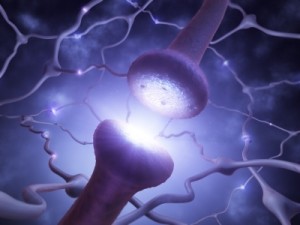Even if you are born with an addiction gene, you aren’t born an addict. The reason why scientists research “addiction genes” is to find biological differences that make someone more or less susceptible or prone to developing an addiction.
 An example of this, is recently the Yale School of Public Health identified an addiction gene associated with multiple cases of alcoholism, drug abuse and other addictive behavior. The scientist found a “strong and significant” correlation between a gene known as PKNOX2 (located on chromosome 11) and drug and alcohol addiction among white women with European origin. The women with this gene were almost twice as likely as white men, black women or black men to have two or more addictions.
An example of this, is recently the Yale School of Public Health identified an addiction gene associated with multiple cases of alcoholism, drug abuse and other addictive behavior. The scientist found a “strong and significant” correlation between a gene known as PKNOX2 (located on chromosome 11) and drug and alcohol addiction among white women with European origin. The women with this gene were almost twice as likely as white men, black women or black men to have two or more addictions.
This isn’t the first time that an addiction gene has been identified. In fact, there isn’t just one single addiction gene. Vulnerability to addiction is the result of many genes interacting, as well as, the influence of social and environmental factors. All of these contribute to the risk of addiction. Someone having an addiction gene, or multiple, will not inevitably make them an addict. But it does mean that they should be careful.
People who are prone because of an addiction gene, may find it harder to quit once they start. It might be why you and your friend can go out for drink every night, but only one of you is unable to stop drinking. Or there may be more severe withdrawal symptoms when trying to quit. Whereas, someone without an addiction gene may have less trouble giving up an addictive substance. Or they may have felt sick from a drug instead of good, which kept them from becoming hooked on it in the first place.
The relationship between addiction and genes is complex with many factors determining whether someone will develop an addiction. However, a good place to look for genetic clues is your family history. Children of addicts are 8 times more likely to develop an addiction. But remember, carrying an addiction gene doesn’t necessarily determine your destiny.




